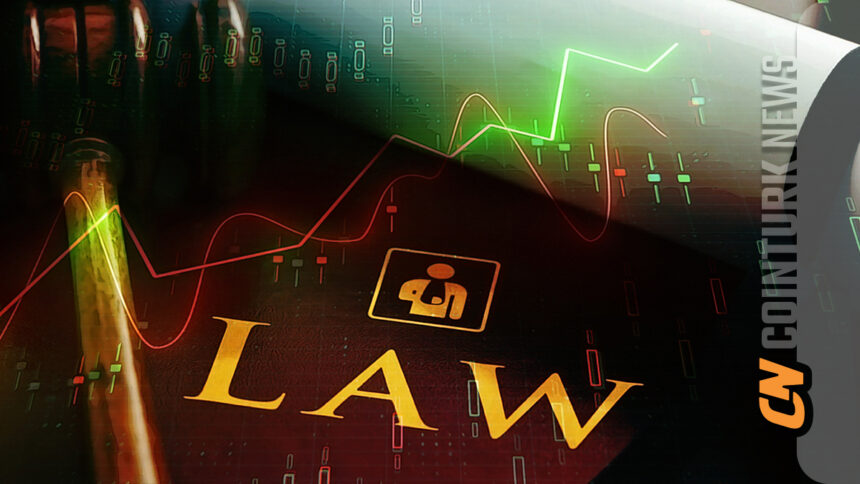The Taiwan Justice Ministry has taken a significant step in combating money laundering by proposing serious penalties for companies in the cryptocurrency sector. These changes could lead to imprisonment of up to two years for legally unregistered companies.
Taiwan Takes New Steps for Crypto Businesses
Today’s announcements indicated that the Taiwan government aims to include crypto currency firms that fail to comply with anti-money laundering rules within the scope of criminal activities. This step shows that the country wants to adopt a more effective approach in combating money laundering.

The Justice Ministry proposed legal regulations that would require both domestic and foreign crypto firms operating in Taiwan to register to ensure compliance with anti-money laundering (AML) standards. Non-compliance could subject these firms to serious sanctions, including a maximum of two years in prison.
Currently Only Administrative Penalties Are Applied
Deputy Justice Minister Huang Mou-hsin emphasized that currently, only administrative penalties are applied to crypto firms without legal registration. However, with the proposed changes in the AML law, such violations will be considered criminal offenses and will face criminal sanctions. According to the draft plan, overseas crypto platforms will need to establish local entities and apply for AML registration, otherwise, they could face criminal sanctions.
Since July 2021, when the Financial Supervisory Commission introduced anti-money laundering rules, Taiwan has been demanding cryptocurrency service providers comply with these laws. However, the penalties for firms that do not comply with these rules are considered insufficient. Therefore, the newly proposed changes aim to strengthen oversight and compliance in the crypto sector.
Stricter Oversight to Come
The proposed changes are to be reviewed by Taiwan’s national parliament. If accepted, firms operating in the crypto sector will need to undergo stricter monitoring and compliance.
Taiwan’s crypto sector is also working to form an industry association with an application approved by the Ministry of the Interior. This association will help crypto firms develop self-regulation rules and contribute to better regulation in the sector. An official industry association is expected to be established by the end of June, which could help provide more transparency and trust in the sector.

 Türkçe
Türkçe Español
Español









